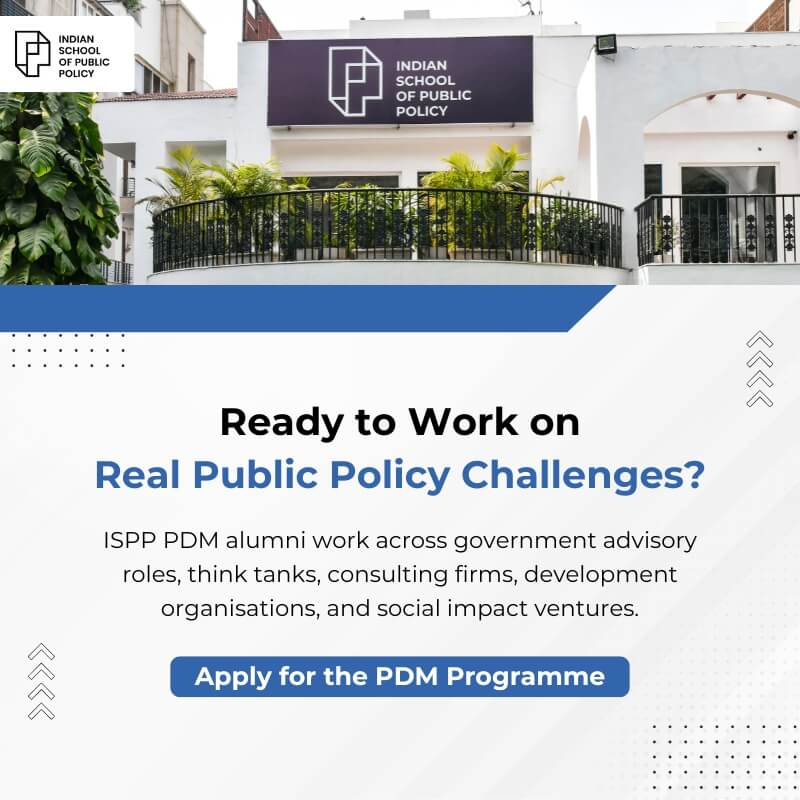“ Liberalism is the trust of the people tempered by prudence. Conservatism is distrust of the people tempered by fear. ~William E. Gladstone Preamble The economic and strategic interests of a country are often inextricably intertwined. In the modern world, no country can ignore its economic interest and growth since they also have a bearing… Continue reading The Foreign Economic Policy of A Rising India
Category: Policy Hub
Explore Policy Hub at ISPP, where India’s top minds converge to drive impactful public policy. Stay informed on research, events, and policy insights
The Foreign Economic Policy of A Rising India
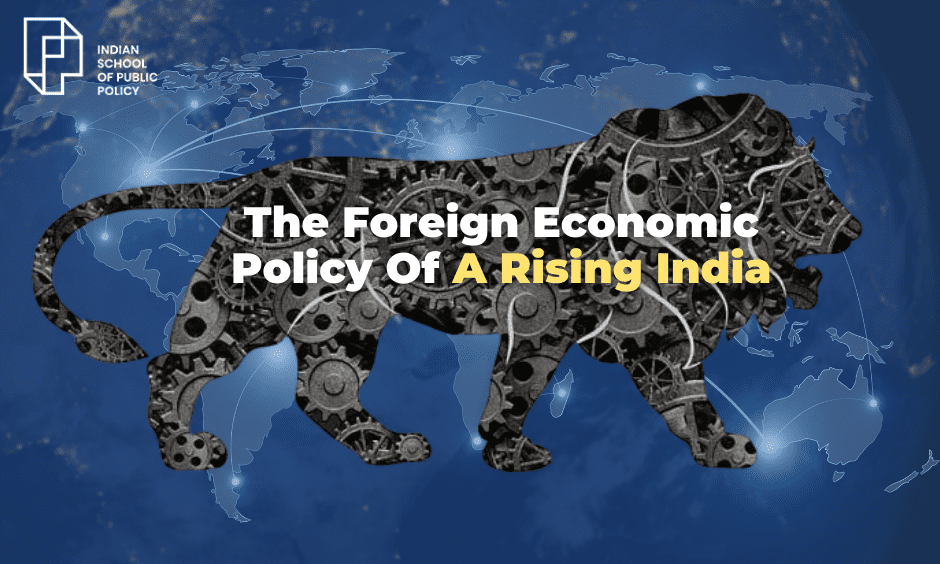
Getting Urban Economics Right to Make our Cities more Resilient
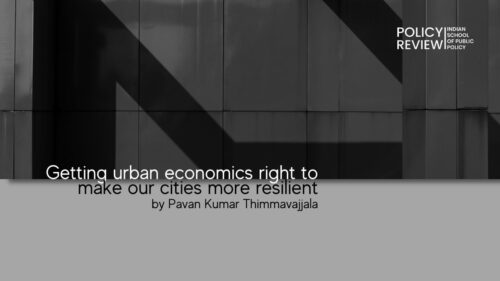
India’s mega-cities like Delhi-NCR, Hyderabad, Mumbai and Bengaluru are no strangers to occasional flooding following heavy rains. These often rake up never-ending debates on and off social media regarding the effectiveness of municipal administrations and the callousness of cash-rich corporations. While it is an annual affair, it merits consideration for those concerned about urban space… Continue reading Getting Urban Economics Right to Make our Cities more Resilient
The Role of Public Policies in Governing Business
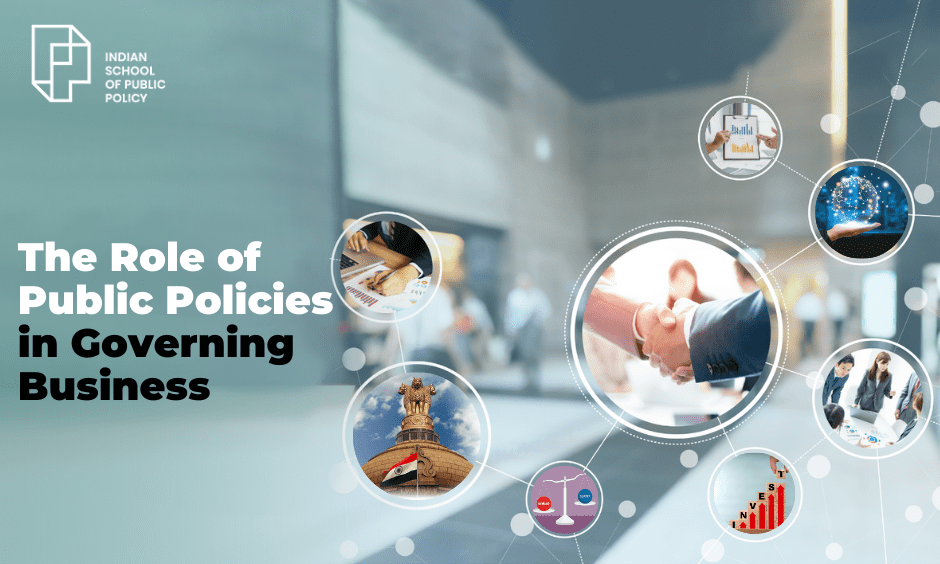
Public policies in India are more inclusive today, thanks to aware and responsible governance by a proactive government. The flip side of inclusivity is uncertainty; stimulated by policymaking that could become noisier, and stand the risk of being disrupted by populist causes. Public policy in the Indian business context faces its litmus test in correctly harnessing… Continue reading The Role of Public Policies in Governing Business
India’s Climate Change Policy: Challenges and Recommendations
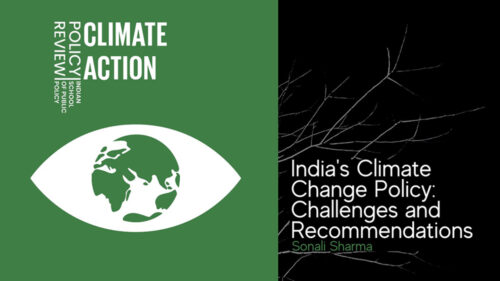
Introduction India is susceptible to wide scale climate change-related risks due to its various climate zones, topography, and ecosystems. The Global Climate Risk Index 2021i calls India the 7th most affected nation due to climate change. As per the State of India’s Environment in Figures 2022ii India reported 280 heatwave days (the highest in 12… Continue reading India’s Climate Change Policy: Challenges and Recommendations
Careers In Public Policy In India
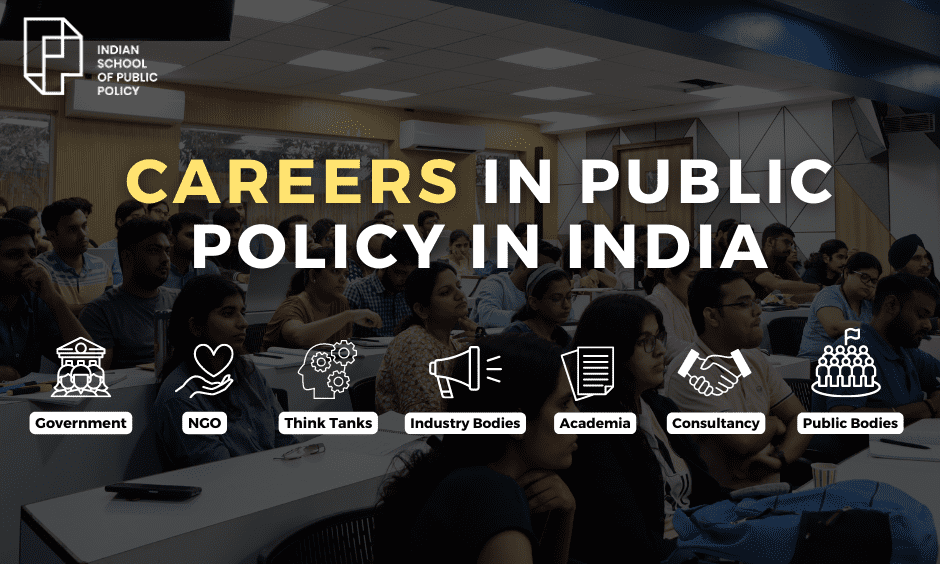
Democracy requires the active participation of the citizens, which provides individuals, and societies the opportunity to contribute to positive change and growth of the country. Policymaking is a significant aspect of this journey. In terms of career too, right now is an exciting time to become a public policy professional in India. A career in… Continue reading Careers In Public Policy In India
The New Data Protection Bill: A safe and trusted internet for the people

Overview Minister Rajeev Chandrasekhar, addressed the inquisitive scholars of the Indian School of Public Policy on the new Data Protection Bill. Min. Chandrasekhar is no stranger to the tech world as he was an IT entrepreneur before pursuing his political career. His experience in the tech field facilitates his perceptive observations on the growing tech world, the… Continue reading The New Data Protection Bill: A safe and trusted internet for the people
Going Beyond The Classroom – Networking Crucial For Leadership
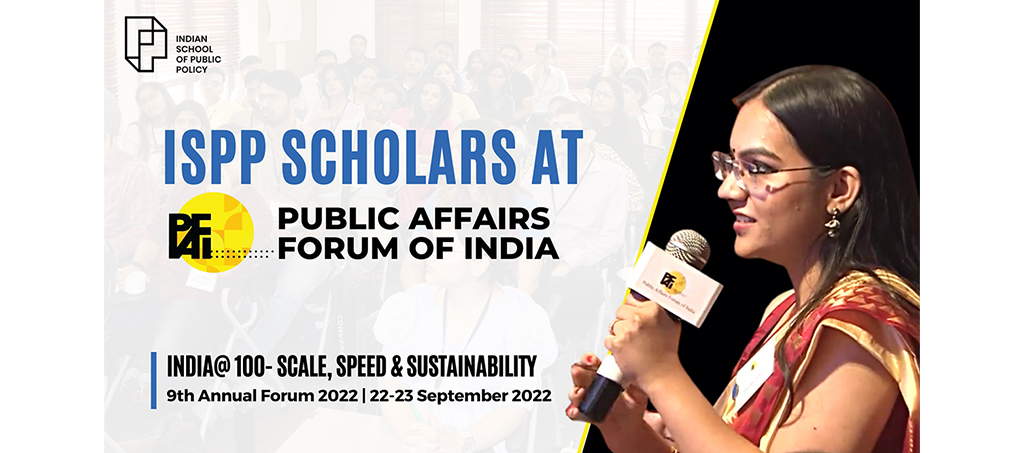
Networking and Leadership Development Networking is an extremely important skill in the field of public policy. Individuals looking to pursue a career in public policy will need to network to form greater industry ties. Networking also helps policymakers in leadership development. Public policy involves the collaboration of multiple different stakeholders for each challenge. Having a… Continue reading Going Beyond The Classroom – Networking Crucial For Leadership
A Future Policymaker’s Perspective on Ethics in Governance
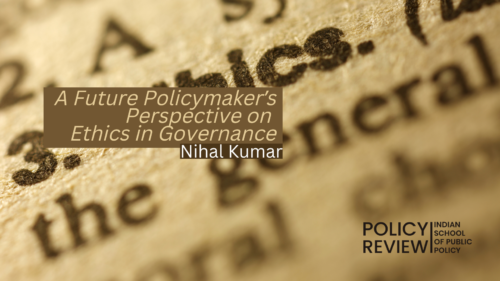
I have never cheated in an exam since I was nine. It is true. Not even an ‘accidental peek’. It was something of a rule I set down for myself after a scolding from my mother. It was such an uneasy feeling to know I had done something wrong. Then when I grew up a… Continue reading A Future Policymaker’s Perspective on Ethics in Governance
Relevance of Ethics for Governance, Policy Making and its Limitations
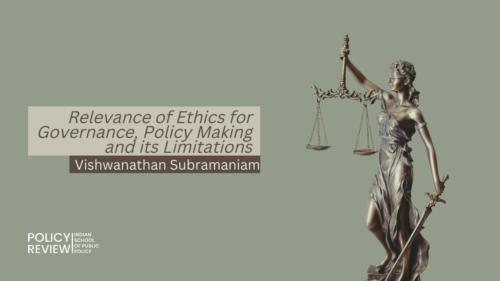
After graduating from law school, I worked with an advocate in the Delhi High Court on civil and criminal matters. Questions of my own morals and ethics first struck in a professional setting when we received a new allegation of money laundering against our client. I was tasked with conducting all the due diligence, analysing… Continue reading Relevance of Ethics for Governance, Policy Making and its Limitations
Strategic Competition in the Era of Artificial Intelligence: India and its Potential Capabilities
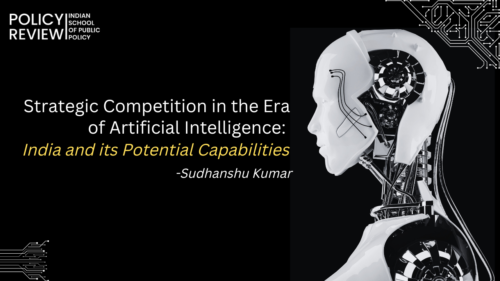
The realist assumption of the world being an anarchical place and nation-states driven by self-interests is a predominant theoretical worldview in international politics and diplomacy. Historically, nation-states have always tried to augment their military and economic capabilities to achieve a balance of power with rival nation-states. Right from the invention of gunpowder to the development… Continue reading Strategic Competition in the Era of Artificial Intelligence: India and its Potential Capabilities

